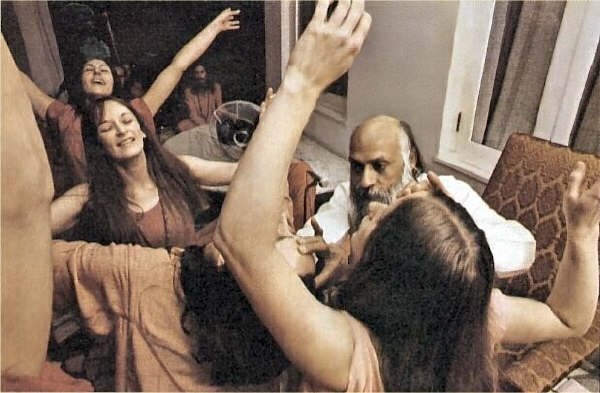I have heard that Chuang Tzu, a Taoist Master, used to be in the service of the King of China. Then he left the service. After a few years the king came to hear that Chuang Tzu had become enlightened, so he went to see him.
Chuang Tzu was a man of great manners, formality, because he had been one of the most important men in the court of the king. So the king was expecting the same court manners. When he reached Chuang Tzu, he was playing on his flute, both his legs spread underneath a tree, leaning against the tree. He continued to play on the flute with legs spread.
The king stood there, could not believe his eyes. He said, "Have you gone mad or something? Have you forgotten all court manners?"
Chuang Tzu laughed and he said, "I was showing those manners because I was still hankering for respectability. Now I don't hanker for anything, so why should I care? You may be the king, you may be the beggar — it is all the same to me. Because now I have no desires any more, it does not matter whether the king comes to me or the beggar."
The king was immensely impressed; he understood the point. All those court manners were nothing but ways of buttressing the king.
You buttress somebody, and then in response he buttresses your ego. It is a mutual kind of arrangement. You say good things about others and they say good things about you. Both are being formal because both want to hear good things about themselves.
Chuang Tzu said, "Now it is up to you, whatsoever you think. You can think I have gone mad, you can think I have fallen from grace. Who cares?"
OSHO


